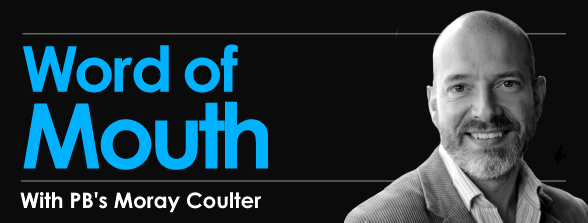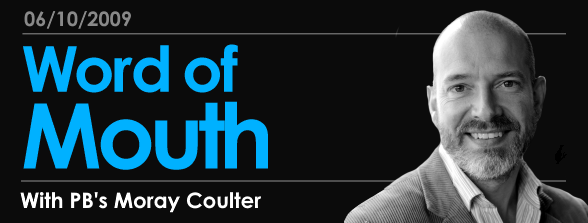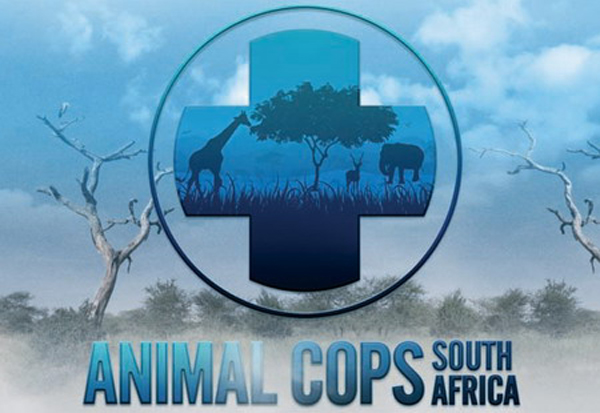Freelancer David McDougall is a Self-Shooting Producer/ Director with over 10 years experience primarily on documentary films covering a broad spectrum of subjects before heading overseas to the Middle East and SE Asia. Most recently David was shooting a documentary ‘Scholars for Change’ in Burma & Thailand for Thabyay Education Network. Here he shares his experiences while filming in Burma:
Introduction to the shoot you were on
This was one of those serendipitous and worthwhile jobs that came out of nowhere. After two years of working as a P/D in the Middle East, I’d dusted off my backpack and was travelling around South-East Asia. I was in Chiang Mai, Northern Thailand when I received an e mail from an ex colleague who’s a BBC Series Producer. She had a friend, coincidentally enough, also in Chiang Mai, who required a fund-raising documentary film to be made. The subject was the state of the education system in Burma and Burmese students.
What where the surroundings like compared to UK?
We filmed in a variety of locations in Burma and Thailand. Burma’s pretty grim; poverty-ridden; down-trodden people; below standard infrastructure all hanging under the malaise of military rule. Thailand’s great!




